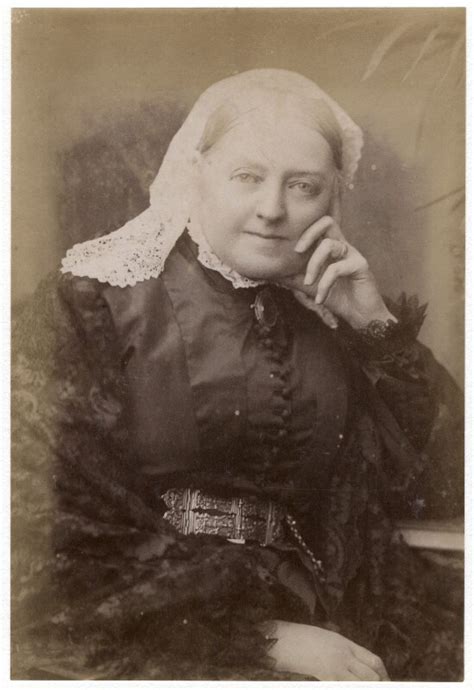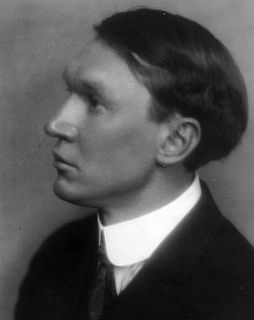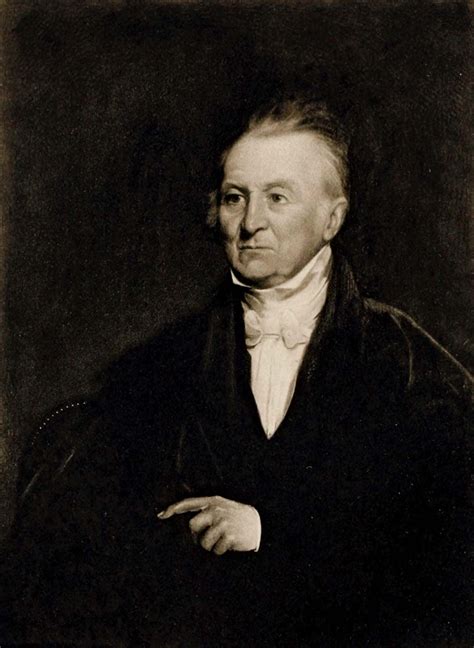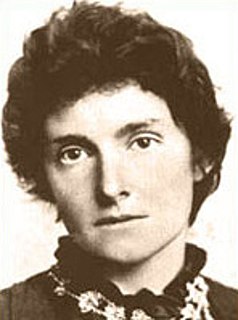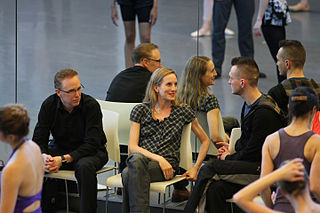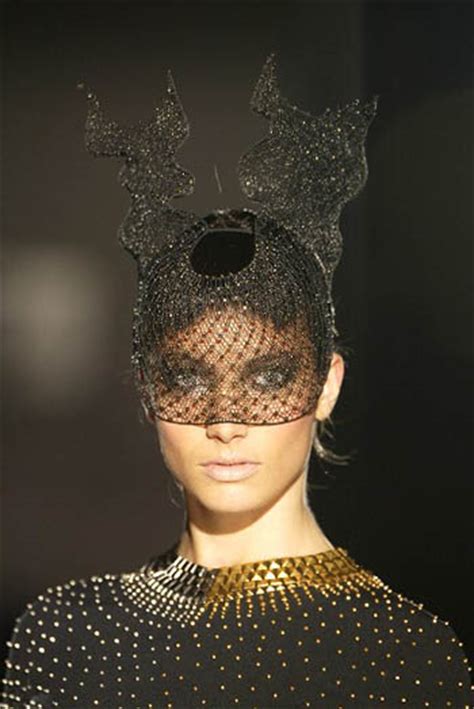A Quote by Mo Yan
The sun, a red wheel, was sinking slowly in the west. Besides being spectacularly beautiful, the early-summer sunset was exceedingly soft and gentle: black mulberry leaves turned as red as roses; pristine white acacia petals shed an enshrouding pale-green aura. Mild evening breezes made both the mulberry leaves and the acacia petals dance and whirl, filling the woods with a soft rustle.
Related Quotes
The sun is a huntress young,
The sun is a red, red joy,
The sun is an Indian girl,
Of the tribe of the Illinois.
The sun is a smouldering fire,
That creeps through the high gray plain,
And leaves not a bush of cloud
To blossom with flowers of rain.
The sun is a wounded deer,
That treads pale grass in the skies,
Shaking his golden horns,
Flashing his baleful eyes.
The sun is an eagle old,
There in the windless west.
Atop of the spirit-cliffs
He builds him a crimson nest.
Certain miracles that I beheld there have haunted my memory ever since: a gray April morning of sirocco, when the almond blossoms, the flaming tulips, the young green of the vines, hung as if painted on the motionless air; a summer night when the roses had an unearthly pallor under a half-eaten moon, whose ghostliness was somehow one with their perfume and with the phosphorescence of dew tipping their petals; a day when the trees stood part submerged in fog, into which leaves dropped slowly, slowly, one after another, and sank out of sight.
O, the mulberry-tree is of trees the queen!
Bare long after the rest are green;
But as the time steals onwards, while none perceives
Slowly she clothes herself with leaves--
Hides her fruit under them, hard to find.
. . . .
But by and by, when the flowers grow few
And the fruits are dwindling and small to view--
Out she comes in her matron grace
With the purple myriads of her race;
Full of plenty from root to crown,
Showering plenty her feet adown.
While far over head hang gorgeously
Large luscious berries of sanguine dye,
For the best grows highest, always highest,
Upon the mulberry-tree.
A woman once described a friend of hers as being such a keen listener that even the trees leaned toward her, as if they were speaking their innermost secrets into her listening ears. Over the years I’ve envisioned that woman’s silence, a hearing full and open enough that the world told her its stories. The green leaves turned toward her, whispering tales of soft breezes and the murmurs of leaf against leaf.
It is a delicious thing to write, to be no longer yourself but to move in an entire universe of your own creating. Today, for instance, as man and woman, both lover and mistress, I rode in a forest on an autumn afternoon under the yellow leaves, and I was also the horses, the leaves, the wind, the words my people uttered, even the red sun that made them almost close their love-drowned eyes.
I noticed the plants growing around me. Tall with leaves like arrowheads. Blossoms with three white petals. I knelt down in the water, my fingers digging into the soft mud, and I pulled up handfuls of the roots. Small, bluish tubers that don’t look like much but boiled or baked are as good as any potato. “Katniss,” I said aloud. It’s the plant I was named for. And I heard my father’s voice joking, “As long as you can find yourself, you’ll never starve.

